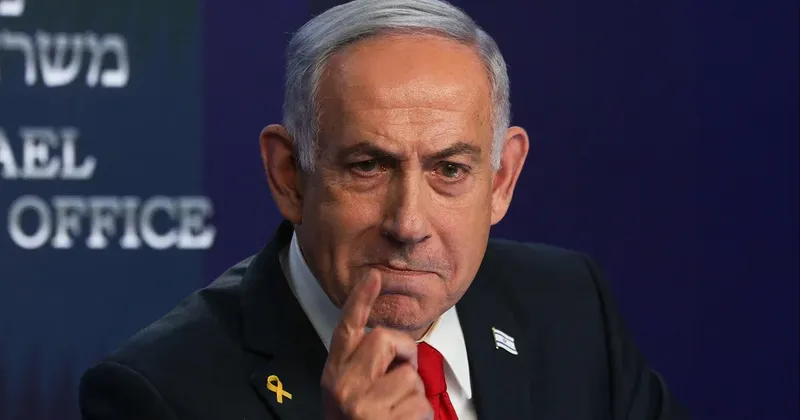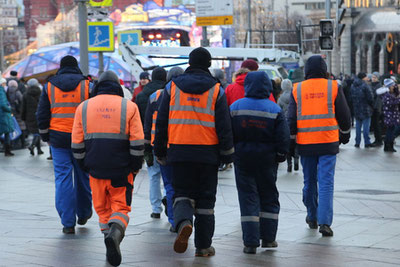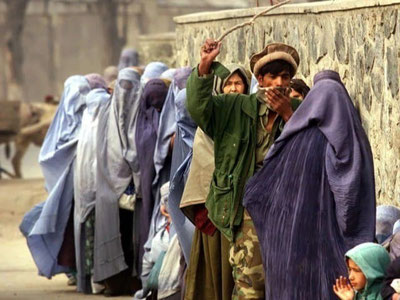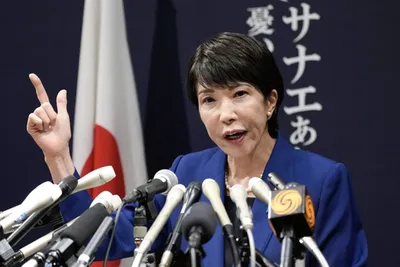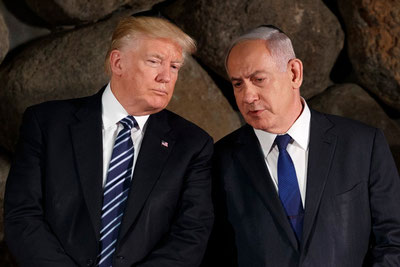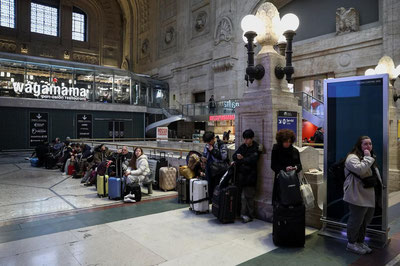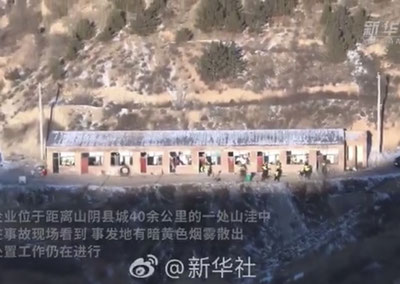Today, on the morning of June 13, the State of Israel's Air Force carried out airstrikes against nuclear and military sites located within the territory of the Islamic Republic of Iran.
According to a statement by Israeli Prime Minister Benjamin Netanyahu, this action was directed at the "heart of Iran's nuclear fuel enrichment program" and is considered a "preventive measure" undertaken for security reasons.
The Israeli side recognized the primary threat as Tehran having enriched uranium to a degree sufficient for the creation of a nuclear bomb.
In relation to this, targeted attacks were organized by Israel against military and strategic scientific infrastructure, including high-ranking commanders of the Islamic Revolutionary Guard Corps (IRGC).
Preliminary information indicates that IRGC commander General Husayn Salami, leading nuclear scientists Fereydun Abbasi-Davani and Mohammad Mehdi Tehranchi were killed. Additionally, Ali Shamkhani, a close advisor to Ayatollah Ali Khamenei, is reported to have sustained serious injuries.
Iran's Supreme Leader Ayatollah Khamenei declared a stern response to this attack. According to a statement by Israeli Defense Minister Israel Katz, the State of Israel is preparing for possible retaliatory missile and drone attacks against its territory and civilian population in the near future.
Former U.S. President Donald Trump, in an interview with Fox News, stated he was aware of Israel's actions beforehand, but the U.S. did not participate in this military operation.
Moreover, he expressed hope for a return to diplomatic negotiations with Iran and affirmed that the United States is ready to defend both itself and Israel.
From a regional security standpoint, Israel, Iraq, and Armenia temporarily closed their airspace.
The head of the International Atomic Energy Agency (IAEA), Rafael Grossi, confirmed in his statement that an attack was made on the nuclear facility in Natanz and reported continuous communication with Tehran regarding radiation levels. Grossi called on the international community to closely monitor the situation.
